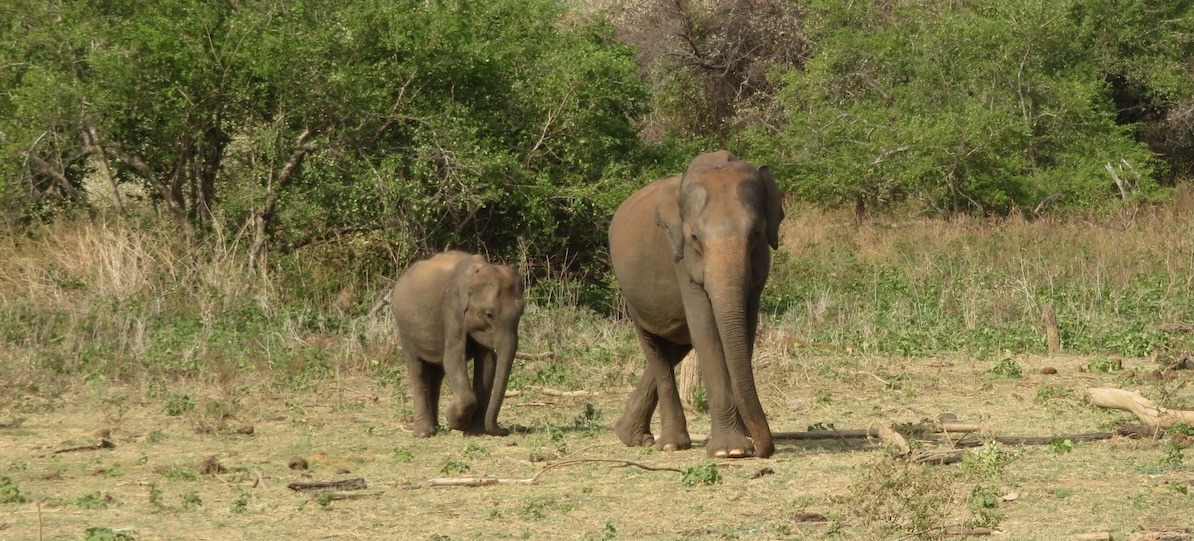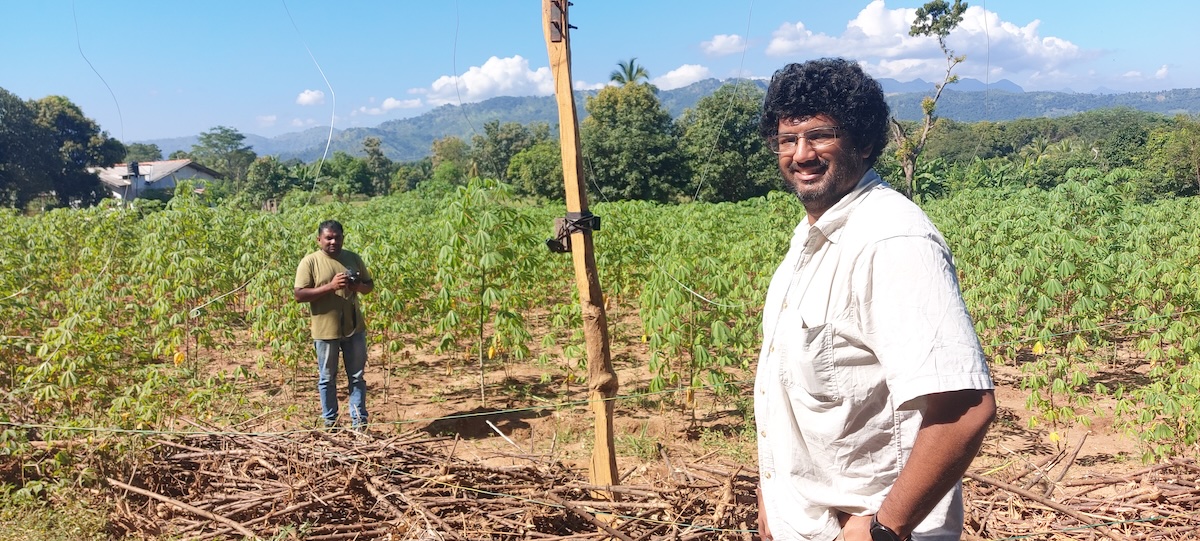Alternative crops are helping to reduce conflicts between farmers and elephants
In Sri Lanka, where lush landscapes meet human communities, elephants and farmers often find themselves in conflict over land. With one of the largest populations of Asian elephants, over 60 percent of Sri Lanka’s land is considered elephant habitat. In places like Udawalawe, this proximity leads to challenges, particularly crop raiding by elephants, which affects the livelihoods of local farming families.
The International Project Elephant has recently partnered with local non-profit organisation EFECT (Elephant Forest and Environment Conservation Trust) to foster peaceful coexistence through the Elephant Conservation & Monitoring project. This initiative helps approximately 1,500 farming families and up to 1,160 elephants in the Udawalawe area live together in harmony.

Solving Conflict Through Crops
The primary source of human-elephant conflict is crop damage, which financially strains farmers who earn as little as AUD $155-$186 (USD $100-$120) per month. However, instead of resenting elephants, these farmers are eager to participate in solutions that help them coexist. The project introduces alternative crops that are less attractive to elephants but still economically valuable to farmers, reducing the temptation for elephants to raid farms.
A holistic Approach
The project focuses on economic, social, and ecological improvements:
- Economic: helping farmers grow alternative crops, such as those used in cooking, cosmetics, and personal care products, which are both elephant-resistant and profitable.
- Social: empowering farmers with new skills and supply chain connections, which strengthen communities and foster a culture of coexistence.
- Ecological: developing sustainable farming practices that promote biodiversity and improve soil health, benefiting both elephants and the environment.
From Research to Action
After surveying 300 farmers earlier in the year, the implementation of alternative crop programs has begun. Half of the participating farmers will cultivate new crops like moringa, lemon, lime, lemongrass, and citronella. These crops offer flexibility and resilience, safeguarding income against weather-related risks. The remaining farmers will continue traditional farming but receive other support like school supplies and healthcare assistance.
Monitoring Elephant Behavior
To track the impact of the project, 40 farms have been equipped with cameras and audio recorders to monitor how elephants respond to the new crops.

EFECT team members, Kumara and Sateesh, setting up camera traps in a papaya (control) crop field in Sri Lanka in 2024.
Looking Ahead
By the end of 2024, it is aimed to have alternative crops fully integrated, reducing crop-raiding incidents and promoting a sustainable coexistence between humans and elephants. Research will be ongoing for about 2-3 years before any firm results will be available on which crops work best, and which ones to promote at a larger scale.
This project not only benefits Sri Lanka but also serves as a model for resolving human-wildlife conflict globally.
Find out more about our partnership with EFECT and our elephant conservation work in Sri Lanka
